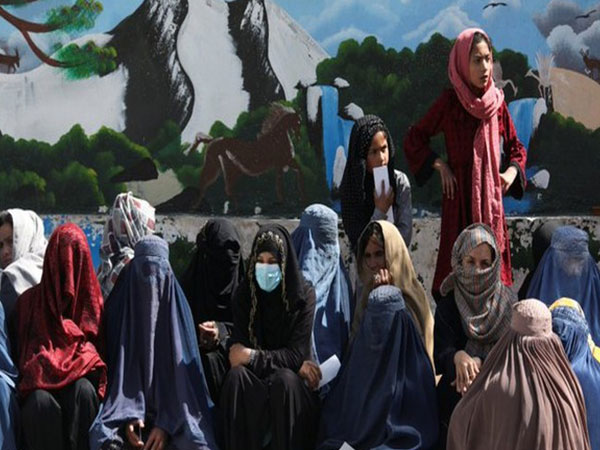UN Urges Taliban for Greater Diplomatic Engagement Amidst Concern Over New Morality Law
UN Spokesman Stephane Dujarric reaffirmed the UN's commitment to engaging with all Afghan stakeholders, including the Taliban. He urged the Taliban to open more diplomatic channels. UNAMA expressed deep concern over Afghanistan's new morality law, which imposes severe restrictions on personal conduct, especially affecting women and girls.

- Country:
- Afghanistan
Stephane Dujarric, spokesperson for the UN Secretary-General, reaffirmed the United Nations' commitment to ongoing engagement with all stakeholders in Afghanistan, including the Taliban-led interim government, TOLO News reported. His remarks were delivered during a press conference on Saturday. Dujarric called on the interim government of Afghanistan to open more avenues for diplomatic engagement.
During the press conference, Dujarric stated, "In terms of the contacts with the de facto authorities, we will continue to engage with all stakeholders in Afghanistan, including the Taliban. We have always done so following our mandate and impartially, upholding the norms of the UN, advocating for human rights and equality," according to TOLO News. He added, "We will continue our work as mandated by the Security Council and urge the de facto authorities to open more avenues for diplomatic engagement."
Notably, the United Nations Mission in Afghanistan expressed deep concern on August 25 regarding the new morality law imposed by Afghanistan's de facto authorities, which imposes restrictions on personal conduct. The law, described as a distressing vision for Afghanistan's future, outlines 35 articles with arbitrary enforcement mechanisms.
The United Nations Assistance Mission in Afghanistan (UNAMA) stated, "UNAMA is concerned by the promulgation by Afghanistan's de facto authorities of a morality law which imposes wide-ranging and far-reaching restrictions on personal conduct and provides morality police with broad powers of enforcement." Roza Otunbayeva, the Special Representative of the Secretary-General and head of UNAMA, added, "The law extends the already intolerable restrictions on the rights of Afghan women and girls, with even the sound of a female voice outside the home apparently deemed a moral violation."
After decades of war and amidst a humanitarian crisis, the Afghan people deserve better than being threatened or jailed for minor infractions, Otunbayeva asserted. "They deserve much better than being threatened or jailed if they happen to be late for prayers, glance at a member of the opposite sex who is not a family member, or possess a photo of a loved one," she concluded. (ANI)
(With inputs from agencies.)
ALSO READ
Empowering Women in Bihar: The Transformative Power of SHG Plus
Finalized Guiding Principles on Sanctions, Business, and Human Rights Released
Korean Dominance: Indian Women's Team Succumb in Pink Ladies Cup Finale
Dignitaries Walk Out in Support of Ukraine at U.N. Human Rights Council
Empowering Women in STEM: Dibuleng Mohlakwana’s Mission to Advance Nuclear Information Science










